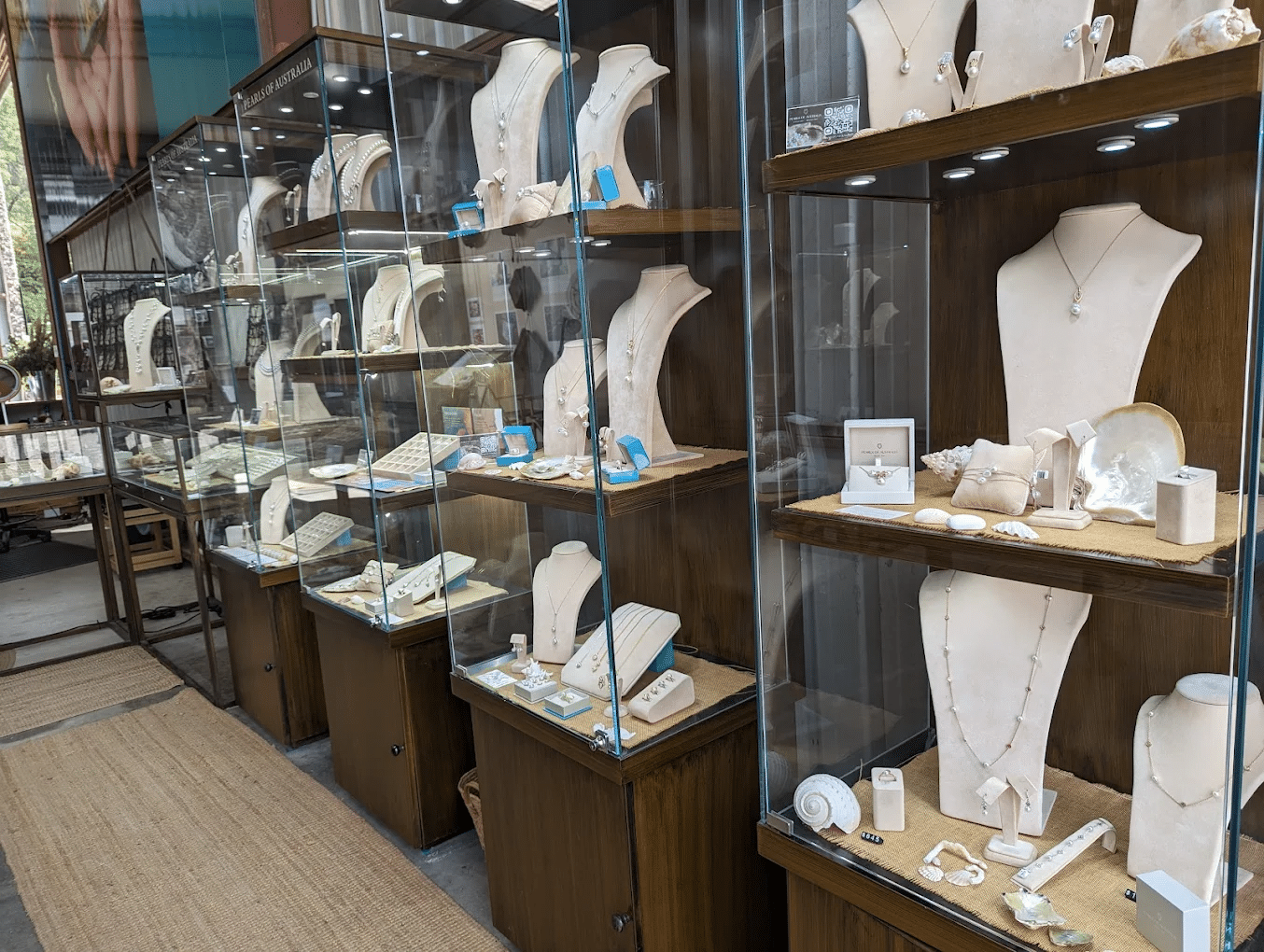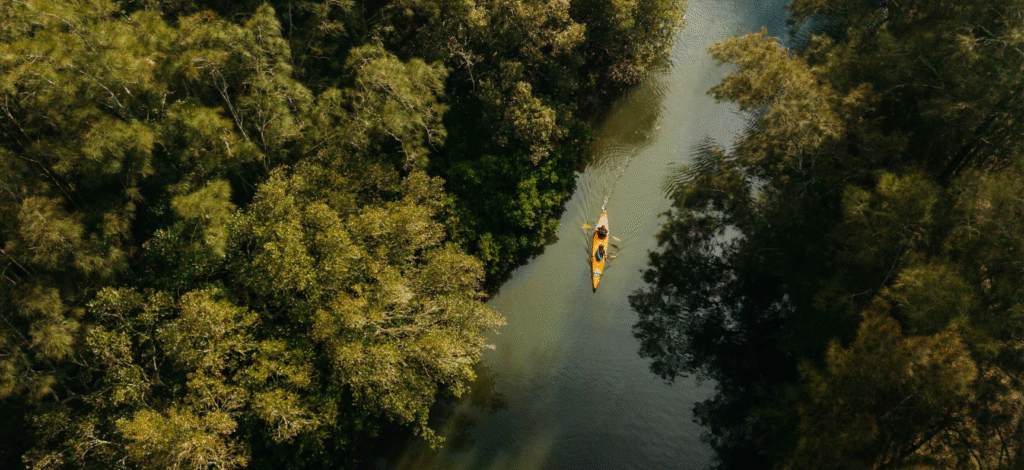Groups visiting the Central Coast can enjoy a trip that is both memorable and environmentally conscious. By choosing eco-friendly options, travelers help preserve the region’s natural beauty for future generations. Whether it’s a school excursion, a senior outing, or a leisure tour, bus hire offers a sustainable way for groups to travel with a minimal carbon footprint, allowing them to explore the Central Coast responsibly.
Table of Contents
Embrace Eco-Certified Experiences and Nature
The Central Coast is proudly recognized as an ECO Destination by Ecotourism Australia, offering a variety of certified businesses and experiences that align with sustainability. Visitors can explore places such as Firescreek Botanical Winery, which follows a permaculture approach to produce organic fruit wines while supporting biodiversity.

(Firescreek Botanical Winery)
Terrigal Ocean Tours runs responsible whale and dolphin excursions that educate travelers about marine life. Iris Lodge Alpacas demonstrates regenerative farming practices, while Broken Bay Pearl Farm highlights the ecological role of aquaculture in pearl production.

(Broken Bay Pearl Farm)
For those who prefer the outdoors, Bouddi National Park provides scenic bushwalks like the Bouddi Coastal Walk and picnic spots designed for low-impact visits. Ourimbah State Forest offers the Treetops Adventure canopy experience, an eco-certified activity designed to minimize environmental disruption.
Water-based activities also play a role in sustainable tourism. Aquafun Avoca Lake provides kayaking, paddleboarding, and pedal-boating, all low-impact ways to enjoy nature. Meanwhile, community-driven programs like Take 3 for the Sea encourage visitors to collect rubbish from waterways, keeping the coast pristine.
Adopt Sustainable Travel Habits
Travelers can make a meaningful difference by adopting small but conscious habits. Practicing “slow travel” by staying longer in one location helps reduce transport emissions, while the region’s 200 kilometers of shared cycleways offer opportunities for bike or mobility scooter hire, a group-friendly low-carbon alternative. Local buses and trains also provide reliable connections across the region without adding unnecessary car use. Waste reduction is another essential habit. Visitors are encouraged to carry reusable water bottles, cups, and shopping bags. Many Central Coast cafés participate in the Green Caffeen program, making reusable coffee cups easy to adopt. Dining at restaurants and markets that prioritize seasonal and local produce not only cuts food miles but also supports community growers. Following “Leave No Trace” principles ensures that every traveler helps protect natural spaces.
Support Local and Community Initiatives
Supporting the local economy and cultural programs ensures tourism benefits extend beyond the traveler. Dining and shopping locally contribute to conservation funding and community resilience. Experiences such as Girri Girra Aboriginal tours offer meaningful insights into the cultural significance of the land while fostering respect for Indigenous heritage.

(Girri Girra Aboriginal Experiences)
Visitors also have opportunities to give back directly through volunteering. Joining Landcare or Dunecare groups for native planting or beach clean-ups creates long-term environmental impact. Eco-friendly accommodation choices, such as certified eco-lodges and resorts like Bells at Killcare, further extend a visitor’s commitment to sustainability. These properties emphasize reducing waste, conserving energy, and protecting surrounding ecosystems, ensuring that overnight stays remain environmentally responsible.
Your Sustainable Journey Awaits
By integrating these sustainable tourism tips into your Central Coast adventure, you contribute directly to preserving this beautiful region for generations to come. Every conscious choice, from supporting local businesses to opting for eco-friendly travel methods like bus hire, makes a significant impact. Start planning your responsible trip today and experience the Central Coast’s natural wonders with a clear conscience.
What makes the Central Coast a sustainable tourism destination?
The Central Coast is recognized as an ECO Destination by Ecotourism Australia. This means the region has a commitment to sustainable tourism, offering a variety of eco-certified businesses and experiences that prioritize environmental preservation and cultural respect.
What are some examples of eco-certified experiences on the Central Coast?
Examples of eco-certified experiences include Firescreek Botanical Winery, which uses permaculture to produce organic wines, Terrigal Ocean Tours for responsible whale watching, and Treetops Adventure, a low-impact canopy experience in Ourimbah State Forest.
How can visitors practice sustainable travel habits on the Central Coast?
Visitors can adopt habits such as practicing “slow travel” by staying longer, using low-carbon transport like cycling or public transit, and reducing waste by carrying reusable bottles and bags. It’s also encouraged to support local businesses and follow “Leave No Trace” principles.
How does bus hire contribute to sustainable tourism?
Bus hire is a sustainable way for groups to travel because it significantly reduces the overall carbon footprint compared to multiple individual cars. It minimizes traffic and emissions, making it an eco-friendly option for exploring the region.




